The Census Has Revealed A More Multiracial U.S. One Reason? Cheaper DNA Tests
Loading…
Their multifaceted responses to the race question for the 2020 head count helped produce the data released this month for redrawing voting maps, enforcing civil rights laws and guiding federal funds to local communities.
Now, demographers and other researchers are trying to figure out what caused the number of people who identified with more than one racial group to jump over the past decade by an eye-popping 276%.
Kids, census changes and DNA tests
As experts look at the changing numbers, three main factors have emerged as drivers of this boom.
A growing share of children in the U.S. have been born to parents who identify with racial groups that are different from one another.
For the 2020 count, the Census Bureau changed how it asked about race and how it categorized the answers. (If you wrote in a response that federal standards consider to be «Hispanic or Latino, for example, that answer was sorted into the «Some Other Race category.)
And more people may be rethinking what they tell the government about their identities. Some demographers are wondering how much a relatively new trend may have contributed to that growth — the rise of at-home DNA ancestry testing.
Exactly how big of an effect these tests had on census results is difficult to pin down. But many researchers agree that as the cost of at-home kits fell in recent years, they have helped shape an increasing share of the country’s ever-changing ideas about the social construct that is race.
Enlarge this image
Many at-home DNA ancestry testing kits require participants to mail in a sample of saliva.
Cayce Clifford/Bloomberg via Getty Images
hide caption
toggle caption
Cayce Clifford/Bloomberg via Getty Images
National
What The New Census Data Shows About Race Depends On How You Look At It
National
What The New Census Data Can — And Can’t — Tell Us About People Living In The U.S.
Many people who identify as white but not Latino often buy these test kits for themselves wanting to claim a different identity and use the results as proof of a specific ancestry, according to research by Wendy Roth, a sociologist at the University of Pennsylvania who has looked into how genetic ancestry testing influences the identities of different racial and ethnic groups in the U.S.
«Native American was the one identity people really wanted to have and really wanted to prove, Roth says, adding that she has also found that some people stopped claiming Native American identity after the results of a test did not show any genetic ancestry.
«In and of itself, it doesn’t tell you your race or ethnicity, Roth says. «What these companies are telling you is that you have a likelihood of having a certain amount of your genetic markers associated with certain populations more often than others.
Roth is concerned about the potential implications of genetic ancestry test results shaping how some people report their race for the census, which produces data the government relies on to enforce civil rights protections and researchers use to measure the racial disparities in health care, housing access and education.
«You’re going to have a lot more people who are not part of marginalized groups in terms of their social experiences claiming to be part of marginalized groups, Roth says about a likely effect of ancestry tests on the census. «When it comes to understanding discrimination or inequality, we’re going to have very inaccurate estimates.
National
This Is How The White Population Is Actually Changing Based On New Census Data
From a DNA swab to the census form
Still, some people who participated in last year’s census say DNA ancestry tests were a useful tool for better understanding the complexities of their family histories and how they have shaped their racial identities.
With grandparents from Barbados, Spain and the U.K., Jonathan Marshall of Fort Myers, Fla., says he grew up in Trinidad never «singularly identifying with one racial group.
«I’m just a product of all of that mixing. From a very young age, we were always taught this is what makes you, Marshall says. «My mom’s mom, she’s of Asian descent, which previously I thought was Japanese.
But after taking a genetic ancestry test, Marshall says he now thinks his family’s Asian heritage stems from China. On the 2020 census form (which did not include an «Asian box but provided options for specific Asian groups), his wife checked off for him the «Black, «White and «Chinese boxes. Without the test results, Marshall says, «I would have probably gone with another Asian country.
Short Wave
Scientific Sankofa And The Complexities Of Genetic Ancestry
At Jelmarie Maldonado’s home in Manchester, Conn., DNA test results helped fuel a family fight last year.
Both Maldonado and her mother agreed on checking the «Puerto Rican box to answer the census question about «Hispanic, Latino, or Spanish origin. But there was no consensus on how to respond to the race question at first.
«When I was growing up, we were all white, says Maribel Rodríguez, Maldonado’s mother.
«I refused to just check the ‘White’ box, says Maldonado, whose test results, like her mother’s, showed an «ethnicity estimate that included percentages for «Indigenous Puerto Rico as well as regions in Europe and Africa. «It would deny that culture, that ancestry, those people that came here to the island and survived all the odds against them for me to be here.
Maldonado says she might have checked off just the «Some Other Race box, but based on the DNA test results, marked the categories for «White, «Black and «American Indian or Alaska Native, in addition to writing in «Taíno for the Indigenous people of Puerto Rico.
And Maldonado did the same for Rodríguez, who says she eventually came to share her daughter’s perspective after reflecting on the test results and conversations about racial inequity in the U.S. that the Black Lives Matter movement has sparked in recent years.
«The fact that people are really embracing who they are, says Maldonado, who works as a digital strategist for Define American, an immigrant advocacy group, «I think it’s a bigger sign of the awakening that’s happening in society and that we’re moving towards not race utopia, but a society that actually takes in consideration the differences and celebrates them, rather than judge them or oppress them.
Code Switch
All Mixed Up: What Do We Call People Of Multiple Backgrounds?
The limits of DNA tests and race data
While the rise in the numbers of people reporting multiracial identities for the 2020 census may help paint a more thorough portrait of the country’s diversity, there’s also a lot this new race data does not reveal.
«Five people who tick the same two or three boxes on the census can have very, very different lives, says Miri Song, a sociologist at the University of Kent who is co-writing a book about multiracial people of white ancestry in the U.S. «Some of them may have white spouses. Some of them may have non-white spouses. Some may have co-ethnic spouses with whom they share an ethnic heritage. Some may be racially politicized. Others may not.
For Aliya Saperstein, a sociologist and demographer at Stanford University who co-authored the study recently published in Demography, it all underscores the ongoing challenge of how to measure race with an ancestry-test effect joining the list of complications.
«There is no question this is a development that demographers will be following closely over the next decade, Saperstein says.
Editor’s note: Ancestry.com is one of NPR’s financial supporters.
- 2020 Census
- ancestry
- census
- DNA
- race
Обсудим?
Смотрите также:

